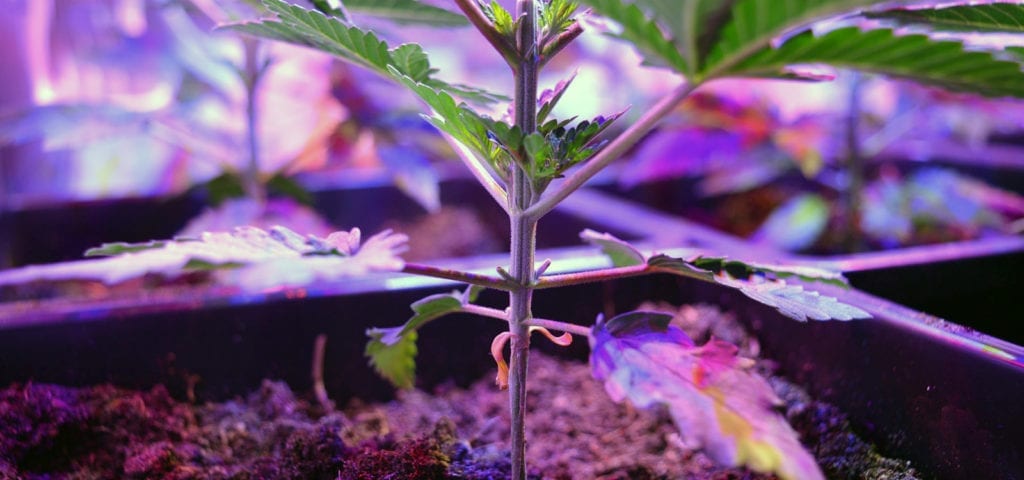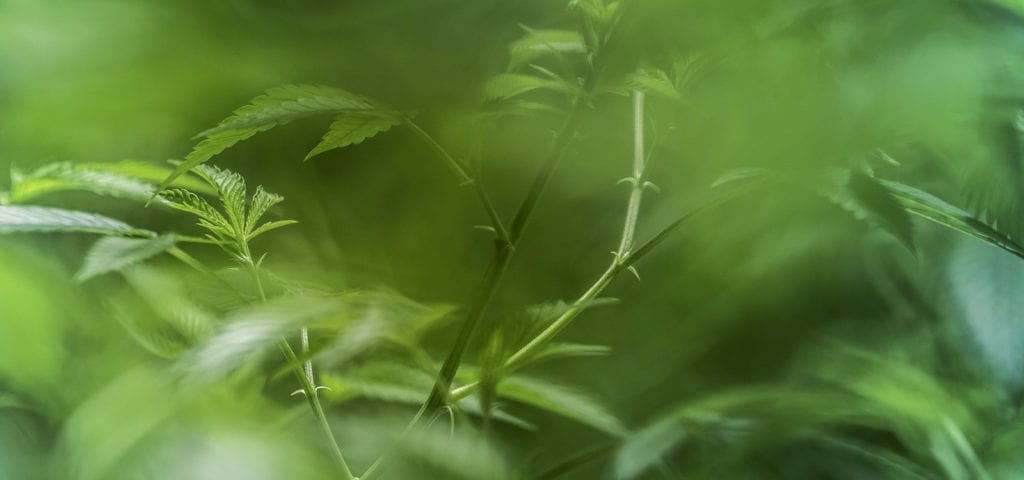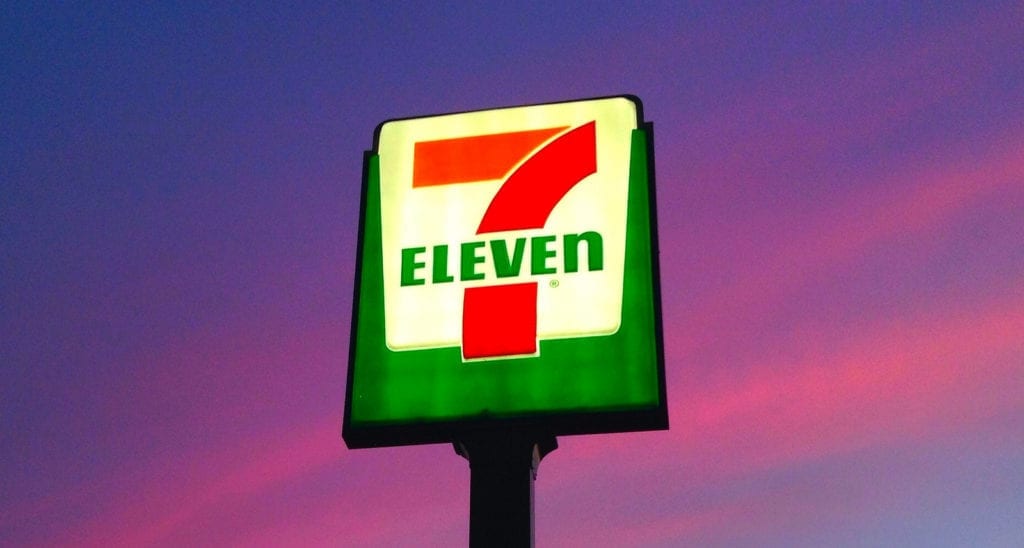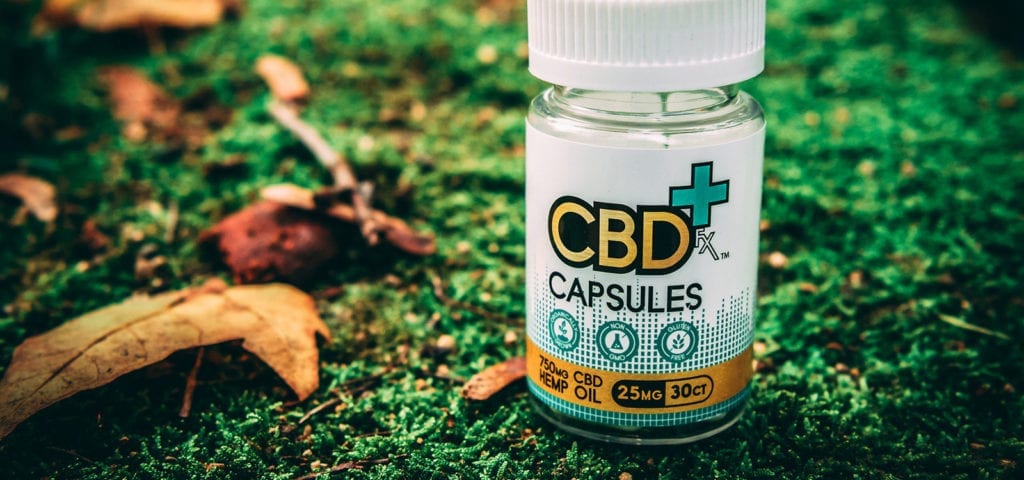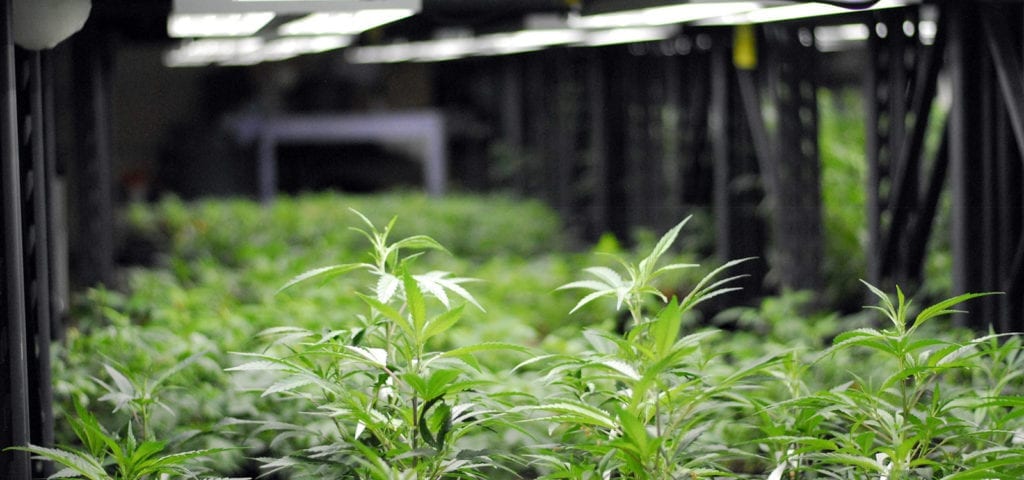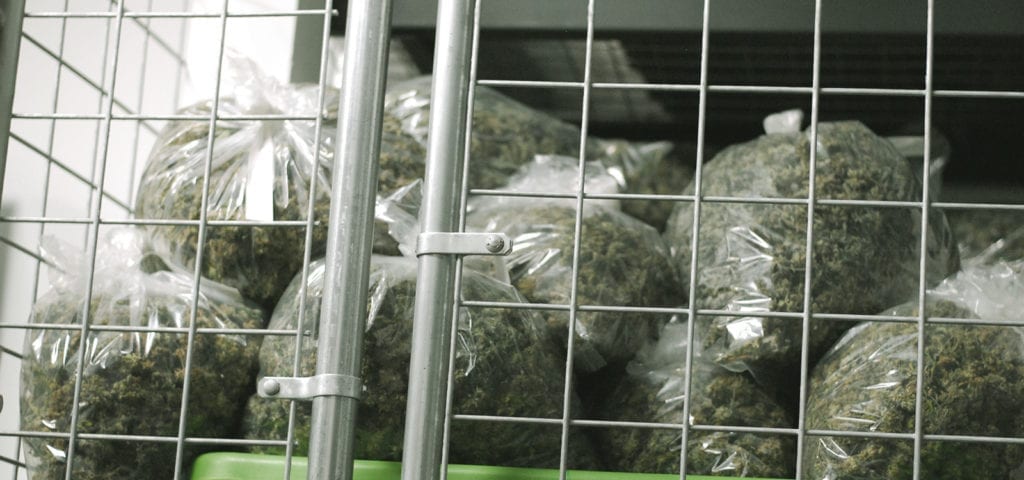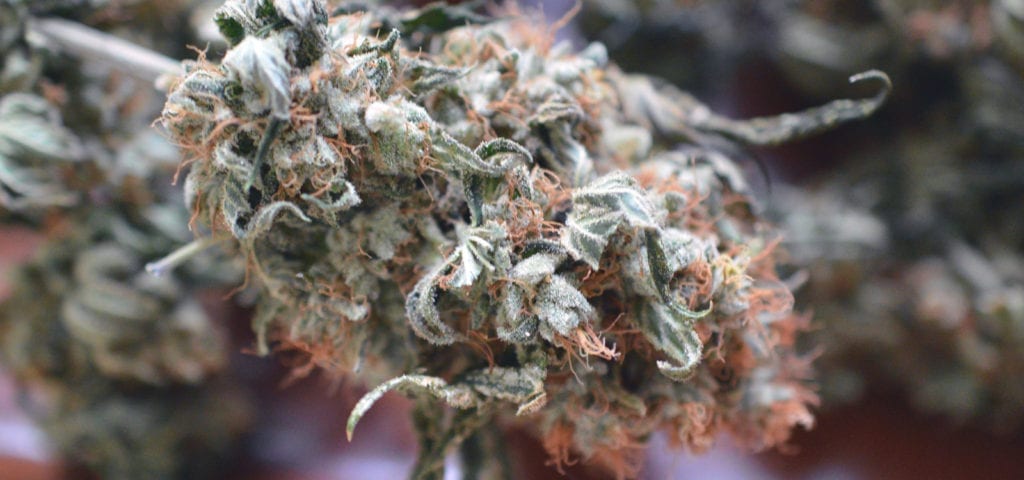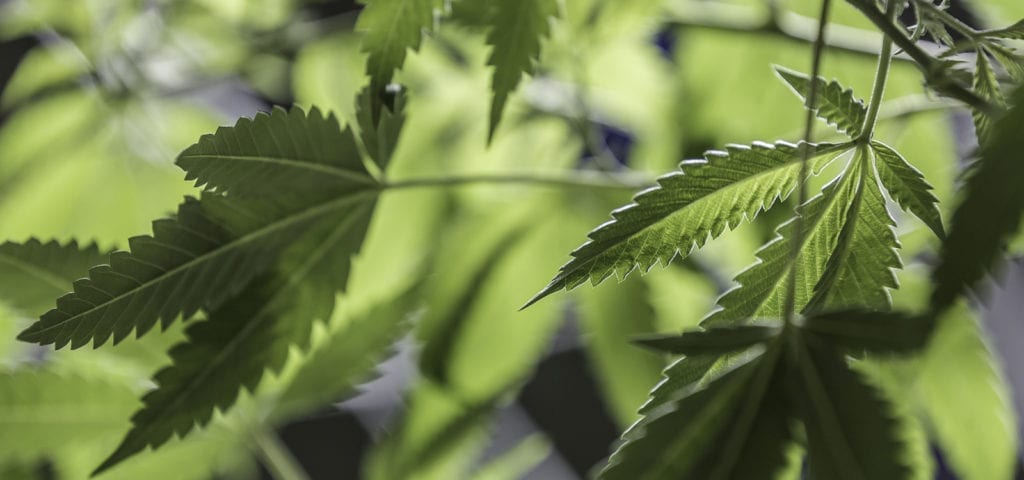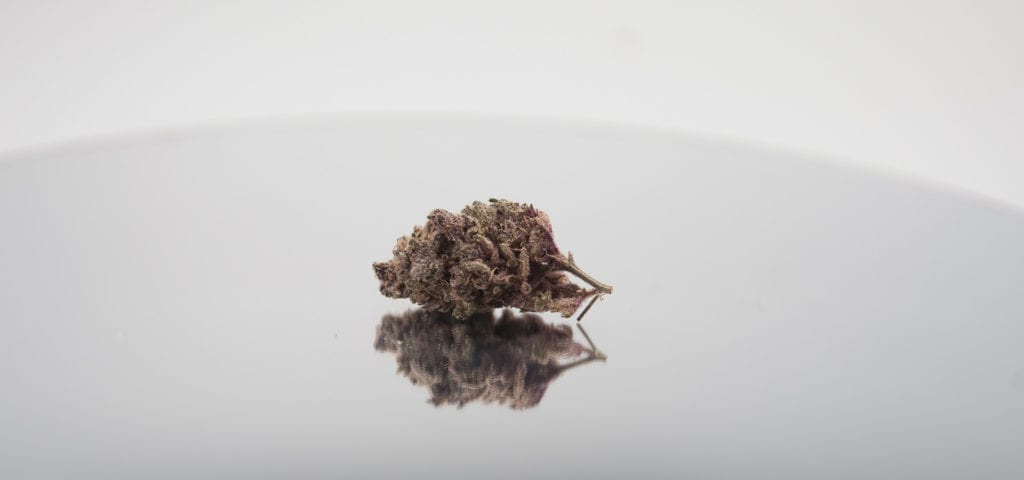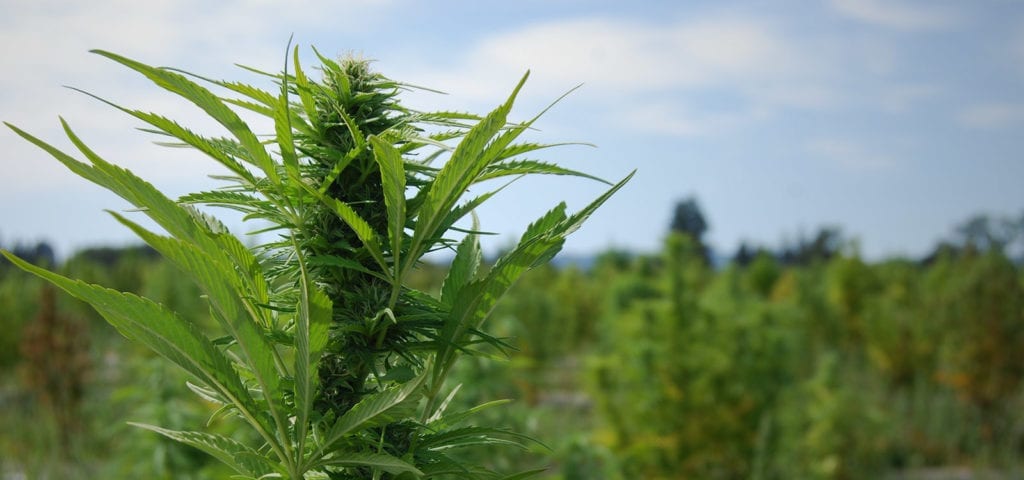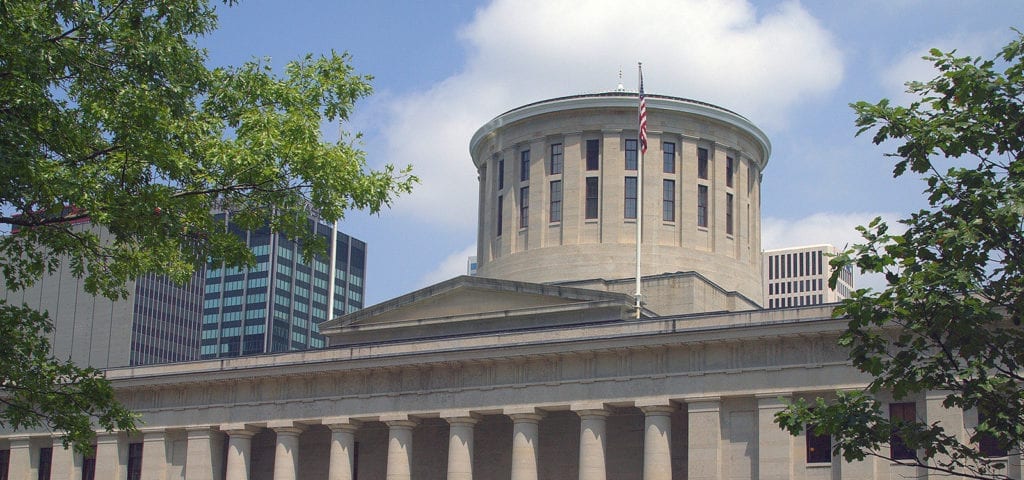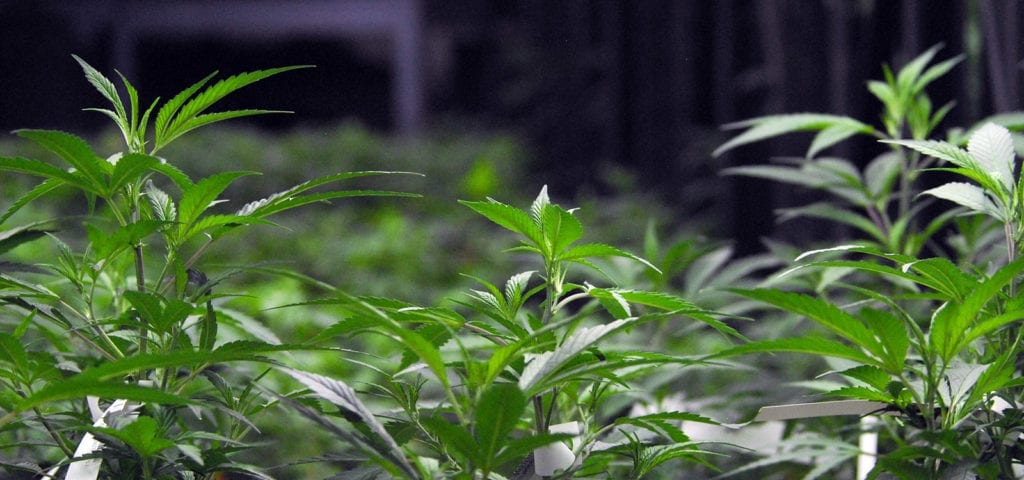Part of being an entrepreneur is having to wear many hats. As a business owner, you’re also the head of HR, chief marketing officer, and – for better or worse – the head accountant. Many business owners find accounting and preparing financial statements one of the most difficult and confusing parts of running a company. And, when you’re running a cannabis business, financial accounting can reach a whole new level of complicated.
However, mastering your financial reports is one of the key skills to surviving in California’s competitive cannabis industry. One way to make your venture stand out from the competition? Pro-forma financial statements. This reporting tool is integral to proving your business has what it takes to be successful long-term. Show off the very best side of your cannabis business using pro-forma reporting: here’s how.
What are pro-forma financial statements?
In the accounting world, financial results are reported in compliance with two broad accounting standards: generally accepted accounting principles (GAAP) and pro-forma. These statements offer investors a better understanding of the operating efficiency and economic health of a company. While the data is the same on both statements, pro-forma differs from GAAP in the way the financial charges are presented. Pro-forma financial statements are designed to “draw focus” to specific figures in a company’s earnings report, usually to indicate a major change in the company’s operations (like an acquisition or a merger). Sometimes, companies use pro-forma statements to make their financial results appear better than they really are. Pro-forma figures can depart dramatically from GAAP statements to paint a rosy picture of a company’s financial health.
Pro-forma vs. GAAP statements
There’s a very big difference between pro-forma statements and GAAP statements. Pro-forma earnings’ statements include “estimates,” hypothetical amounts built into the earnings’ results that depict what a bottom line might look like if certain non-recurring items were excluded from the balance sheet. For example, if your company purchased a major piece of equipment for a one-time cost of $100,000, you might leave that expense out of your pro-forma statement to give a more “accurate” picture of your long-term financial health. Many companies leave out these one-time expenses because they do not have extended (negative) impact on a company’s overall valuation.
The difficulty in comparing pro-forma statements with GAAP statements is that it is up to the company’s discretion which expenses get included or left out of the pro-forma statement. GAAP is considered the “official” profitability statement, as every liability and income stream is accounted for on a GAAP financial statement. There are no universal guidelines that a business must adhere to when producing a pro-forma statement.
How to build pro-forma financial statements
Cannabis businesses typically have higher startup costs. Therefore, a pro-forma statement may be more attractive if you’re trying to demonstrate the long-term viability of your venture to an investor. How do you make a pro-forma statement?
Start with your current income statement and try to project into the future. What are the biggest line items that you’ve spent money on recently? Are these recurring expenses, or one-time costs? Typical one-time expenses a cannabis company might be able to take off a pro-forma statement include real estate, permits and licensing fees, and, if you’re a cultivator or manufacturer, equipment. Separate your recurring expenses from these one-time expenditures to give a clear picture of what your long-term operating costs will look like.
Ideally, pro-forma statements are prepared at the end of the year. This gives you a clear picture of what your final sales will be. Much like projecting reductions in your expenses, you can project increases in your revenue. What will your business do differently to increase sales? Will you have new promotions, a change in pricing, or will you reach new customers? These factors can all help inform your pro-forma sales projections.
Other specific items considered in building your pro-forma financial statements include:
- Goodwill or intangibles such as trade names, customer and/or vendor relationships, and technology
- In-process research and development assets
- Effects of additional financing
- Planned or probable disposals, such as an underperforming segment
- Effects of major new distribution, cost-sharing, or management agreements
- New recurring transactions
- Unusual or non-recurring events or transactions
- Effects of changes in tax rates
What to include in pro-forma financial statements
Many cannabis businesses are new businesses, and entrepreneurs within this industry operate many different types of ventures. Cultivators, retailers, manufacturers, and distributors all have very different expenditures and income sources. So what should you include on your pro-forma statement?
The short answer is that this depends on the type of pro-forma financial statement you are issuing. Here are the types of pro-forma financial statements you might use.
- Full-year pro-forma projection. If you are an existing cannabis company that has been in operation for a year or more, then consider using a full-year pro-forma projection. This statement offers a projection of a company’s year-to-date results, as well as expected end-of-year results.
- Investment pro forma projection. If you are a new cannabis company trying to attract investment, this is a good way to show your viability. Use this type of pro-forma projection to show investors how their cash infusion can help grow your business.
- Historical with acquisition. If you’re an existing cannabis company merging with another existing cannabis business under one license, use this statement. This is a backward-looking projection of a business’s results in one or more prior years. It will include the results of the other business you are purchasing. Many companies use this statement to show how a prospective merger would have “altered” the financial results of the purchasing business. These can also be used for roll-up mergers, such as when a private equity firm buys up companies in the same market and merges them together into a larger entity that is better positioned to enjoy economies of scale.
- Disposition. If you are an existing cannabis company disposing of a significant portion of your business, such as an unprofitable part of the business, consider showing your financials as if that part of the business was already excluded. Many companies use this statement when it is probable that a portion of the business will be disposed by sale, abandonment, or distribution to shareholders.
- Risk analysis. Any cannabis business can use a pro-forma risk analysis for both internal and external planning. These statements reflect best-case and worst-case scenarios for a business. In conjunction with your business plan, try to predict how different decisions will have long-term financial impact on your cannabis company.
Other circumstances where you might want pro-forma financial statements include:
- New or modified contracts, such that historical financials are no longer indicative of future performance
- Changes in debt or capitalization
- Changes in tax status, such as converting a subchapter S corporation or partnership into a C-corporation
- Change in control of business
- Application of push-down accounting with revalued assets and liabilities
Pro-forma financial statements are particularly useful to cannabis companies looking to show their potential for success to outside investors, as well as benchmark their own growth. Pro-forma financial statements decrease the impact of major one-time expenditures, essentially smoothing over liabilities that can seem prohibitively expensive on traditional GAAP statements.
Whether just starting out in the cannabis industry or taking your company to the next level, pro-forma financial statements can help clarify your business’s financial health.





